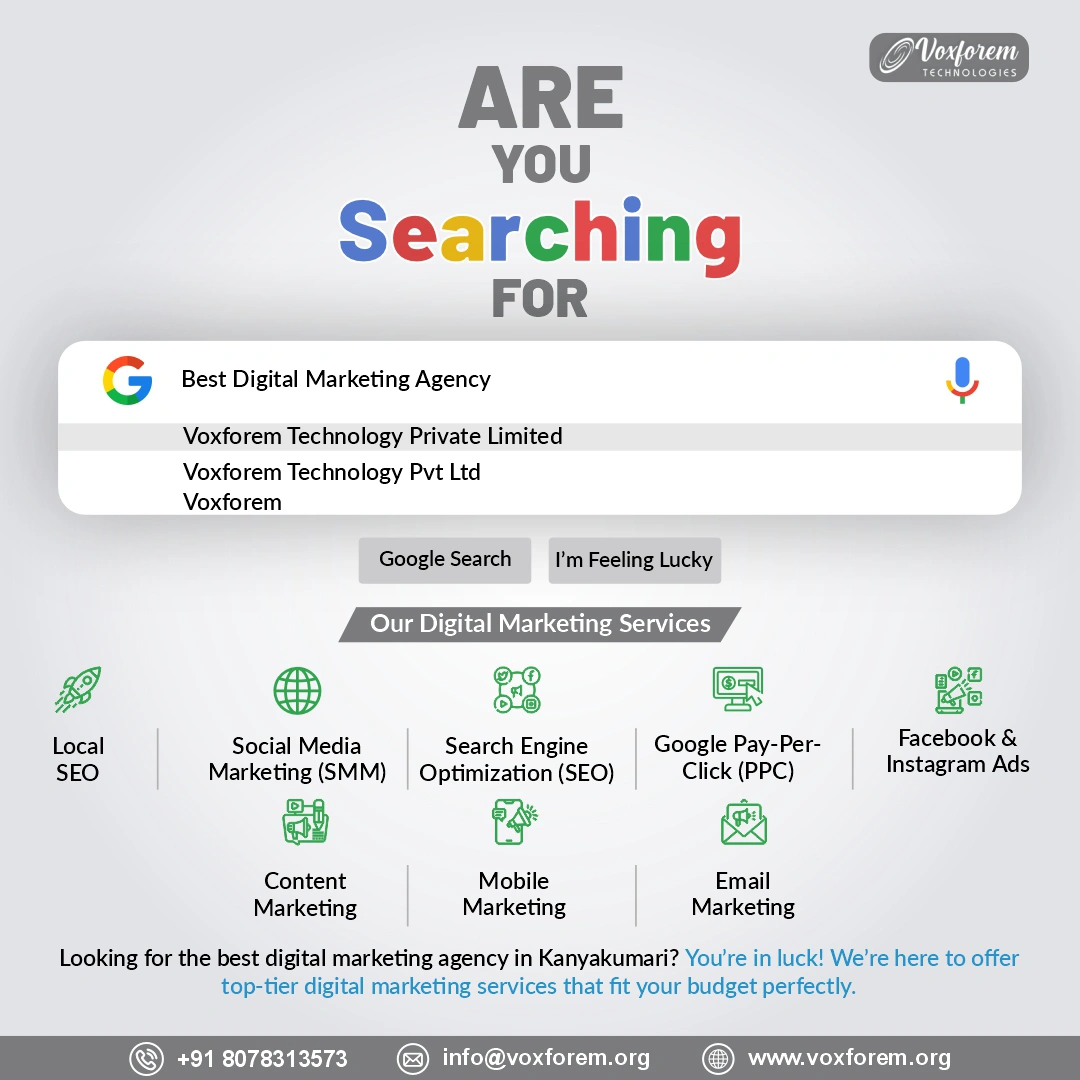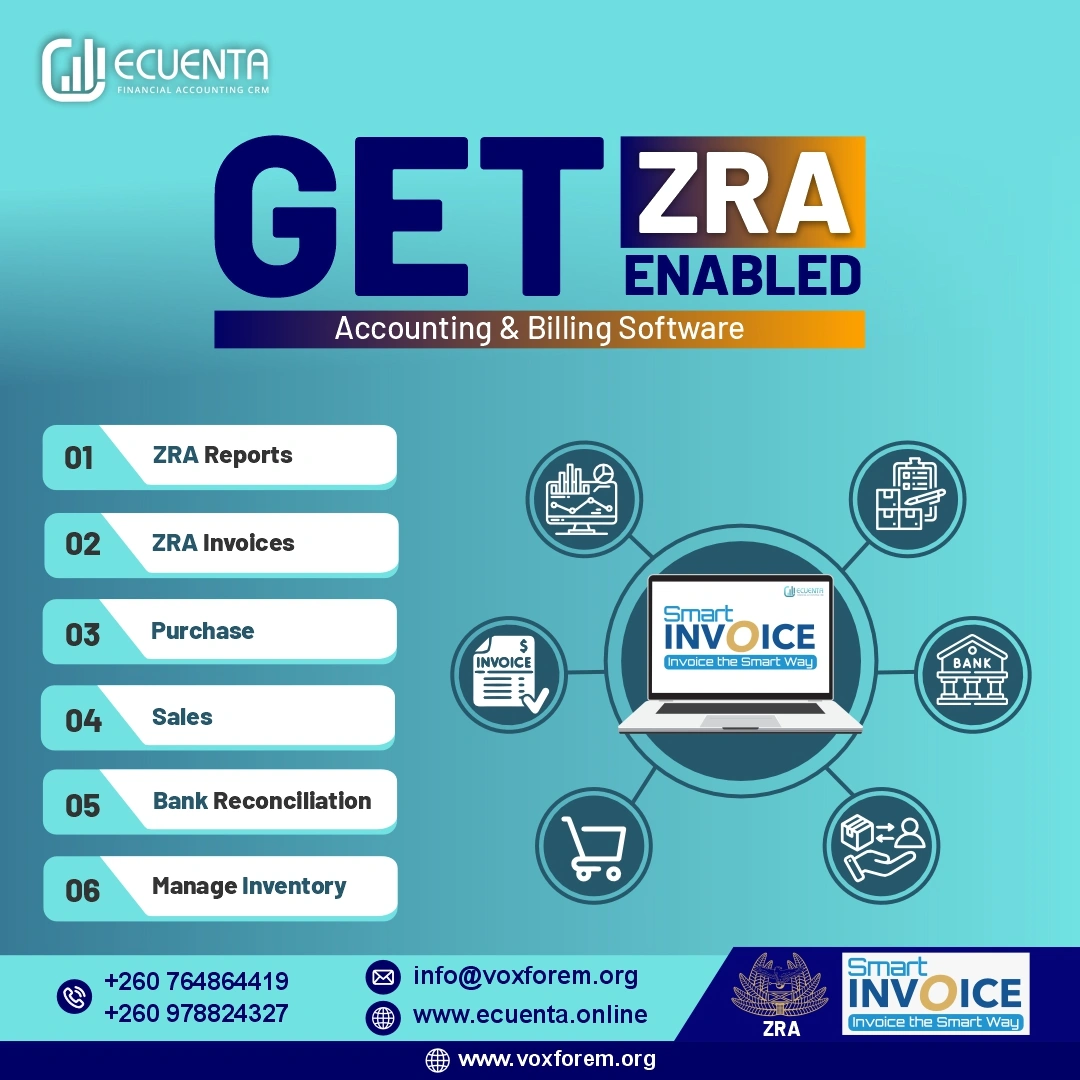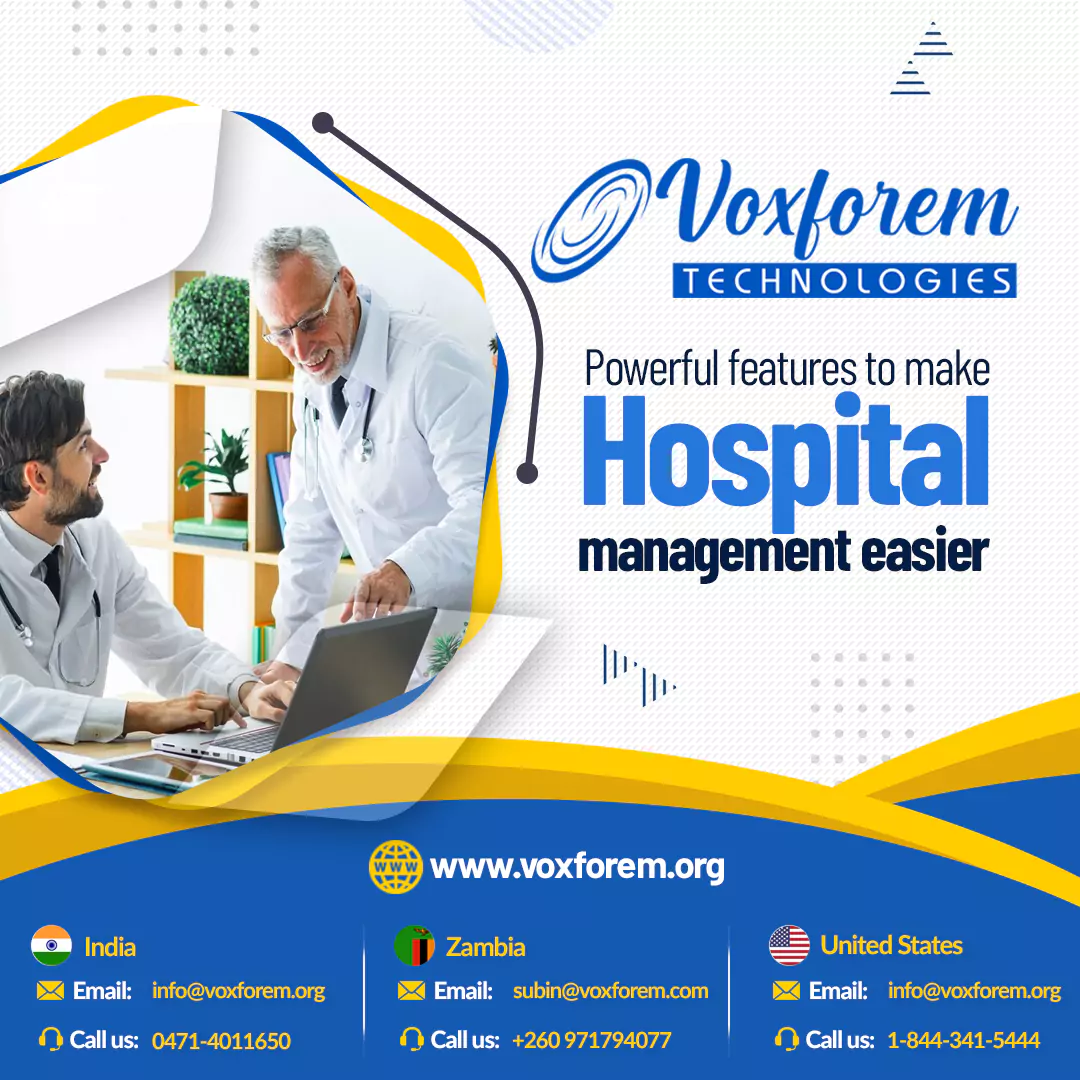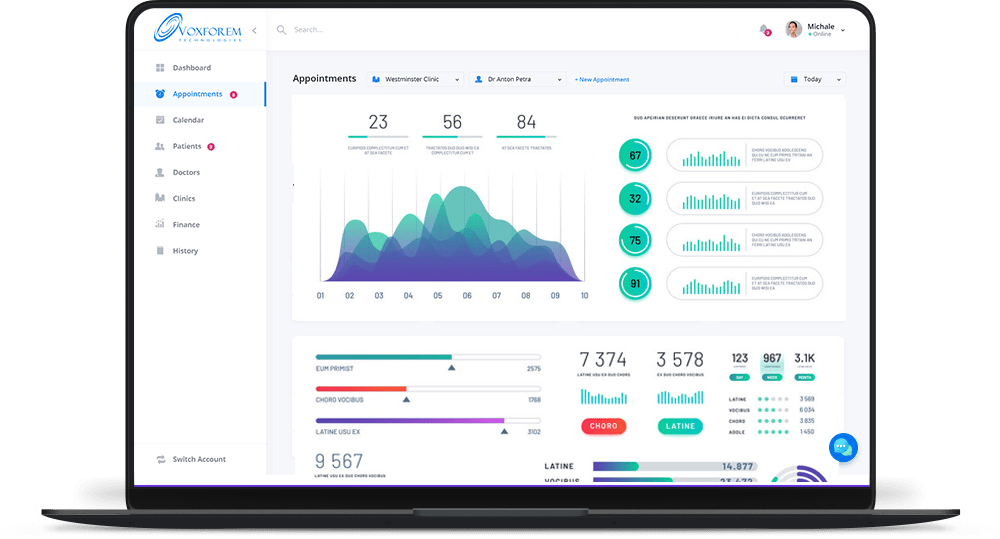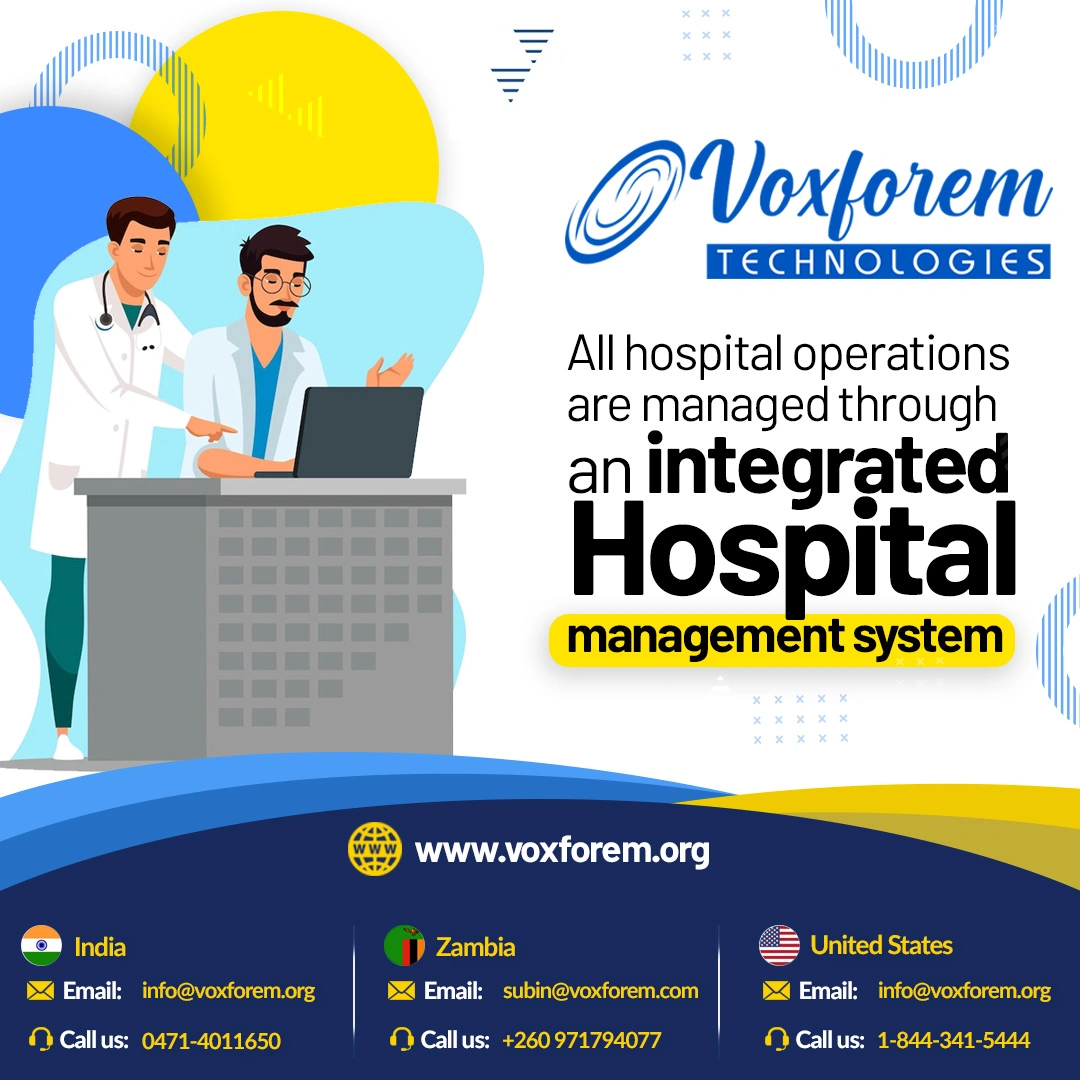
Zambia's Top Hospitals Reveal: Electronic Health Records (EHR) Implementation Leads to 35% Patients Satisfaction Boost
The healthcare sector in Zambia is undergoing a digital revolution, with hospitals and clinics increasingly adopting Electronic Health Records (EHR) Management Systems to enhance efficiency, accuracy, and patient care. Research indicates that medical facilities utilizing EHR medical billing and hospital database management systems experience 25% higher patient satisfaction rates due to streamlined workflows, reduced errors, and improved data security.
This comprehensive guide explores how EHR in medical billing, hospital administration systems, and health record systems contribute to superior healthcare delivery while optimizing operational efficiency. We’ll also examine key features of modern EHR solutions and their impact on patient satisfaction in Zambia.
The Importance of Digital Healthcare in Zambia
As Zambia strives to enhance its healthcare infrastructure, the implementation of electronic health systems is a key driver of transformation. In urban centers and rural areas alike, hospitals are seeking reliable hospital database management systems to handle increasing patient loads, complex workflows, and growing demands for quality care.
The transition from manual record-keeping to an electronic health record management system provides a wide range of benefits. These include faster access to patient data, streamlined operations, enhanced communication among departments, and real-time tracking of patient outcomes. In fact, the data indicates that facilities using an integrated hospital electronic medical records system are better equipped to deliver timely, coordinated, and personalized care.
Digital Transformation of Medical Records and Billing Systems
1. Centralized Electronic Health Records (EHRs)
- Digital storage of patient histories, diagnoses, treatments, and lab results.
- Real-time access improves decision-making and reduces errors.
- Eliminates paper records, enhancing efficiency and care continuity.
2. Seamless Interoperability
- Secure data exchange between hospitals, clinics, and labs using HL7/FHIR standards.
- Reduces duplicate tests and streamlines referrals.
- Supports telemedicine benefiting remote and underserved areas.
3. Secure Role-Based Access Control (RBAC)
- Restricts data access by role (doctors, nurses, admins).
- Protects patient privacy and prevents unauthorized changes.
- Complies with data protection laws (e.g., HIPAA, GDPR).
4. Mobile Access for Healthcare Providers
- Doctors access records on smartphones/tablets during rounds or emergencies.
- Speeds up treatment with instant patient data retrieval.
- Improves care in remote locations with limited infrastructure.
5. Audit Trails for Accountability
- Tracks all record access and modifications.
- Detailed logging of all system access and modifications
- Identifies security breaches for quick resolution.
- Ensures compliance with healthcare regulations.
6. Patient Portals for Self-Service
- Patients view lab results, book appointments, and request refills online.
- Reduces administrative workload for hospitals.
- Enhances patient engagement and satisfaction.
7. ZRA Smart Invoice Integration
- Generates tax-compliant digital invoices for healthcare services
- Links directly to national revenue authority systems
- Tracks and submits all medical invoices digitally
- Processes VAT according to regulatory standards
- Maintains compliant financial records for audits
Features of Electronic Health Records that Drive Patient Satisfaction
The features of electronic health records contribute directly to improved patient experiences. Here are a few key features that matter:
- Real-time Access to Medical History: Healthcare professionals can instantly retrieve patient data, including previous treatments, lab results, prescriptions, and diagnoses.
- Accurate and Efficient Medical Billing: EHR in medical billing minimizes human error, reduces claim rejections, and accelerates the reimbursement process.
- Integrated Pharmacy Management System: Seamless medication tracking ensures patients receive the right prescriptions at the right time.
- Advanced Patient Management Tools: These help with appointment scheduling, reminders, and follow-ups, which significantly enhance the patient journey.
Why EHR Improves Healthcare Delivery
The introduction of an EHR management system improves the workflow for both patients and medical staff. Doctors no longer need to sift through paper files or worry about illegible handwriting. Instead, everything is digitized and easily accessible through a centralized hospital administration system.
Moreover, hospital record management systems ensure that all medical documents, diagnostic reports, and administrative data are stored securely and can be retrieved effortlessly. This not only improves clinical decision-making but also boosts trust between healthcare providers and patients.
With electronic health records in healthcare, coordination across departments improves dramatically. For instance, a doctor in the emergency room can quickly review a patient’s allergies or past surgeries, helping them make accurate, informed decisions on the spot.
Multi-Hospital Networks and Scalability
Zambia is also seeing the growth of multi-hospital networks, and for these, a multi-hospital hospital management system is vital. A centralized system allows seamless communication and data sharing between different branches. Whether a patient visits a hospital in Lusaka or Ndola, their medical records remain consistent and up-to-date.
This interconnected approach leads to better continuity of care and fewer instances of misdiagnosis or treatment duplication. In turn, this consistency fosters a higher level of patient trust and satisfaction.
The Role of HMS Software in Hospital Efficiency
At the heart of this digital transformation is HMS software. This software suite typically includes modules for:
- Patient registration and management
- Inpatient and outpatient tracking
- Laboratory and radiology integration
- Billing and financial management
- Inventory and pharmacy control
The right hospital management software supports all aspects of clinical and administrative workflows. It acts as a backbone for healthcare facilities aiming to improve service delivery and operational performance.
The Impact on Rural Clinics and Small Facilities
While urban hospitals in Zambia are leading the charge, rural clinics are not far behind. With the help of cloud-based solutions and mobile-compatible platforms, even small healthcare providers can implement a cost-effective health record system.
Cloud-based hospital management systems ensure data is securely stored offsite, minimizing risks associated with physical record loss or data corruption. Furthermore, healthcare workers in remote areas can use tablets or smartphones to update and access records, improving service delivery in under-resourced locations.
Conclusion: A Better Future with EHR Management Systems
The data speaks volumes—Zambian hospitals that embrace electronic health record management systems are seeing measurable improvements in patient satisfaction. As the country continues to prioritize healthcare modernization, the use of electronic health systems, EHR medical billing, and hospital administration systems will play a pivotal role.
Healthcare providers, from large urban hospitals to small rural clinics, must consider the long-term benefits of investing in a comprehensive hospital record management system. With better patient management, improved communication, and efficient operations, EHR is not just a tool—it's a game-changer.
If you're part of a healthcare institution looking to enhance care quality, reduce costs, and boost patient trust, now is the time to explore a reliable HMS software solution.









